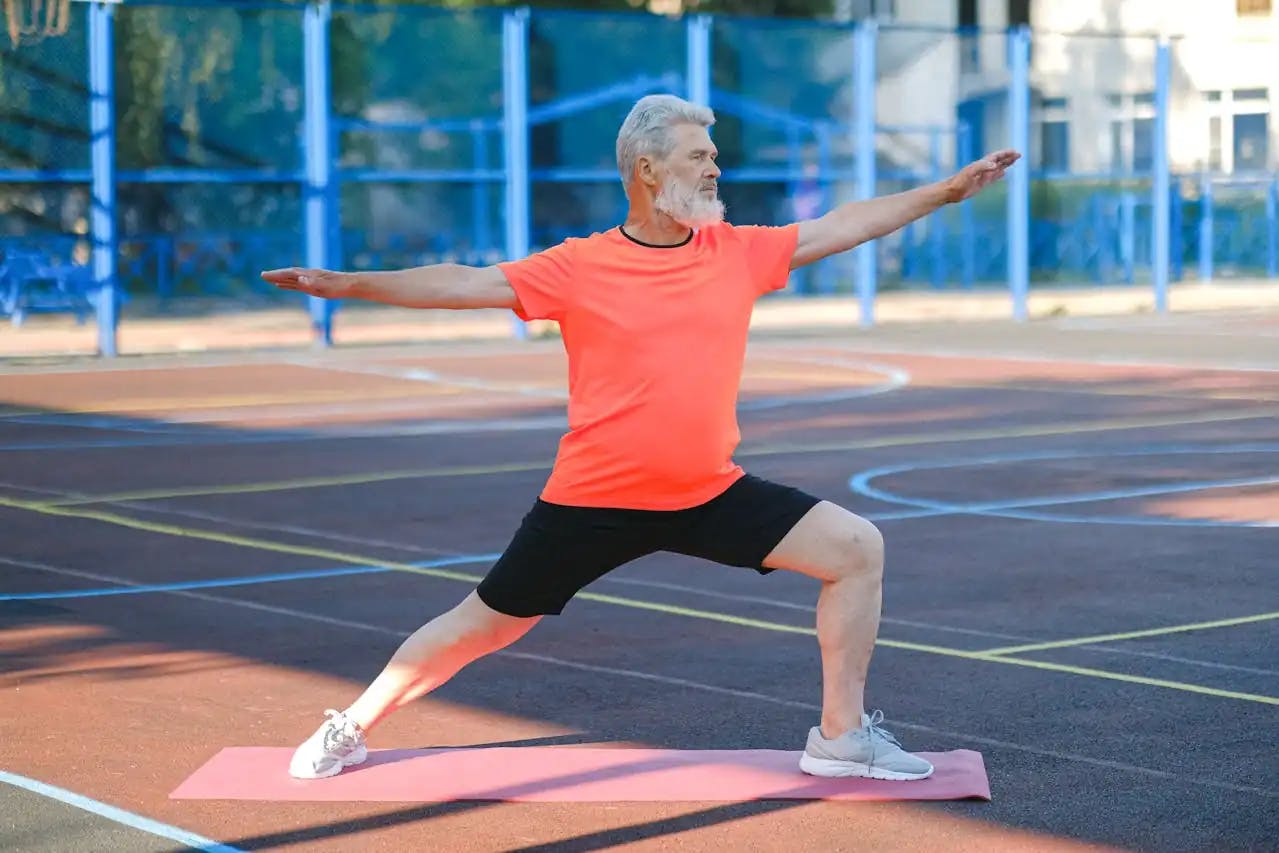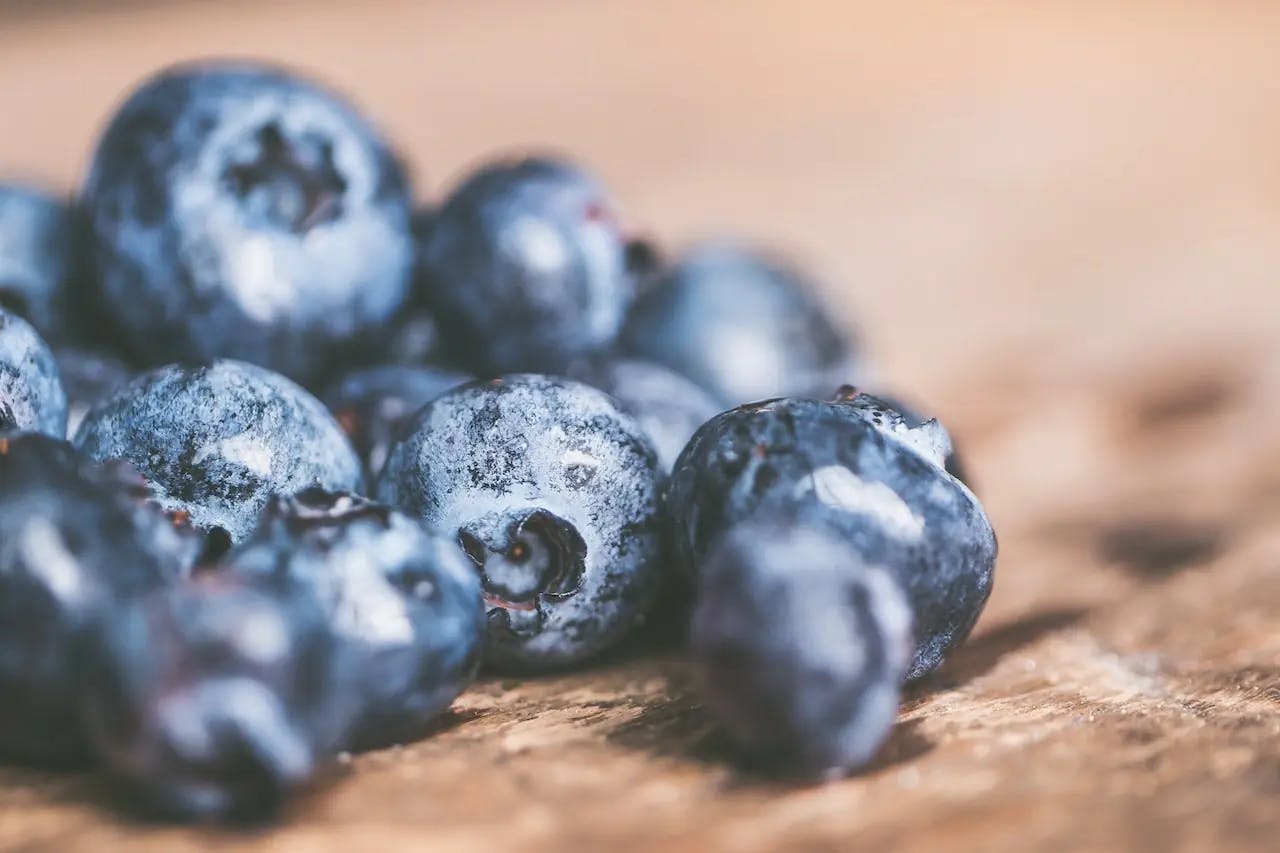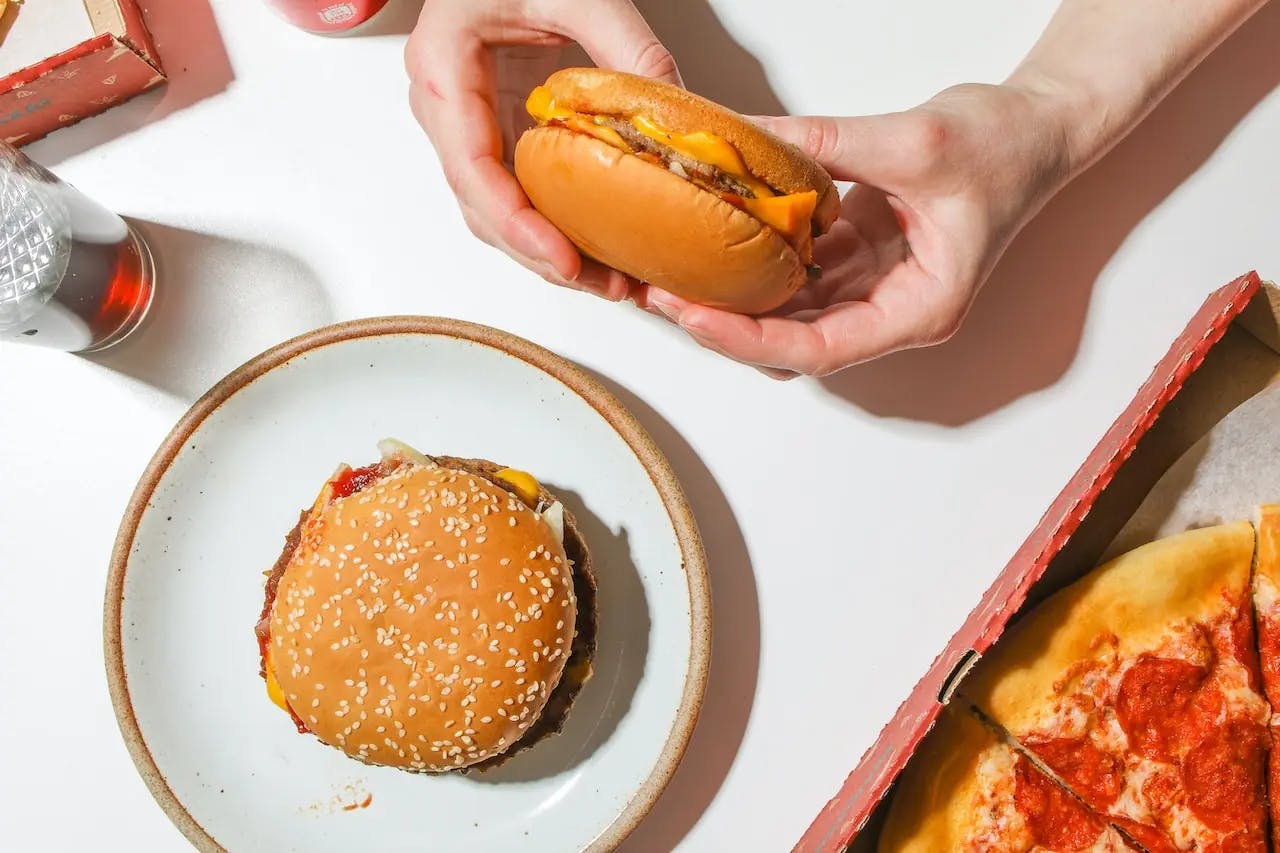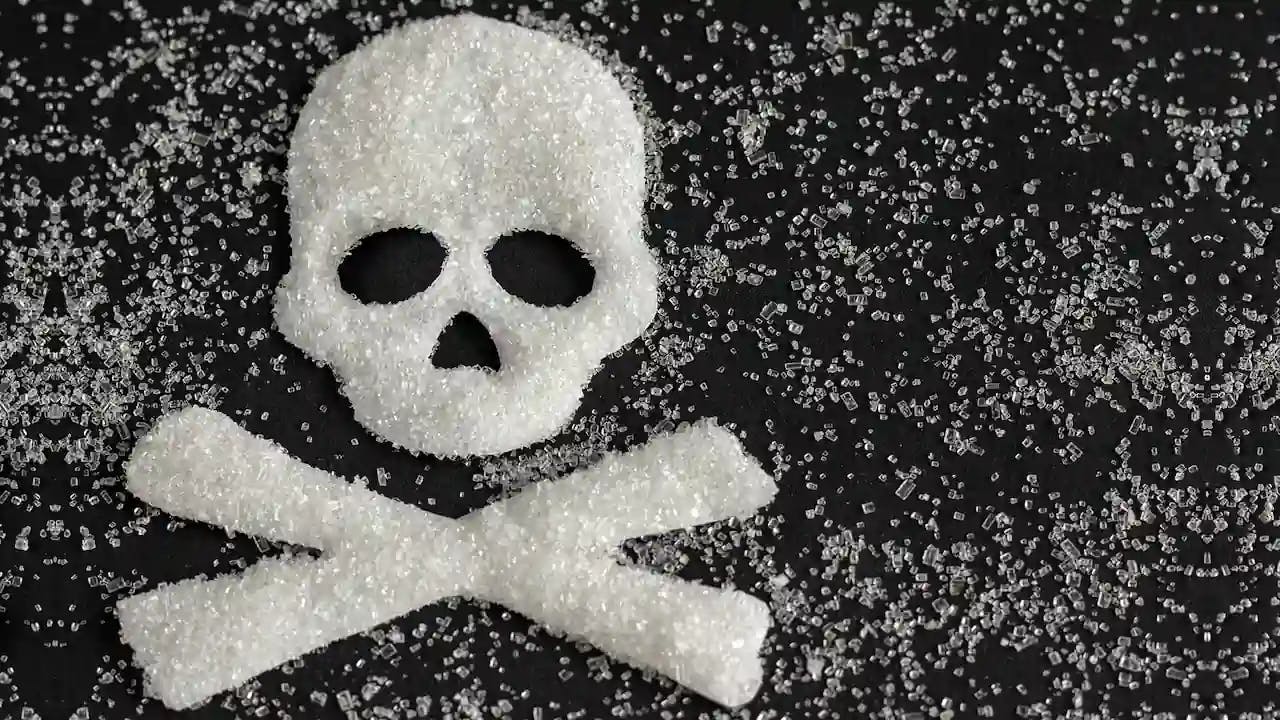How to Naturally Increase Sodium Levels For Elderly People: Your Ultimate Guide
•Nutrition

Share
Today, we're going to chat about something we all need but might not think much about: sodium.
This everyday element of our diet plays a big part in keeping us feeling good, especially as we get a bit older. Keeping sodium levels just right is a bit of an art, especially for those of us entering seniority.
If you or someone you love is wondering how to increase sodium levels in the elderly naturally, look no further! We've put together a guide on how to manage sodium levels the natural way, backed by solid science. Let's dive in.
Sodium 101
Sodium is so much more than a condiment on your Friday fish and chips — this essential electrolyte is integral to our health and well-being. Maintaining normal sodium levels is integral, as it keeps our fluids balanced and our muscles and nerves working like a well-oiled machine:
- Fluid Balance: Sodium plays a key role in maintaining the balance of fluids within and around cells, making sure our body's internal environment is just right for cell function.
- Nerve Function: It's essential for the transmission of nerve signals throughout the body, allowing our muscles to contract and our brain to send and receive signals.
- Muscle Function: Beyond nerves, sodium is key for muscle contractions, including the most important muscle of all – our heart.
- Blood Pressure Regulation: By helping to control the volume of blood in our body, sodium directly influences blood pressure, keeping it within a healthy range.
- Absorption of Nutrients: Sodium aids in the absorption of certain nutrients in the small intestine, including glucose, which our bodies use for energy.
Sometimes, especially for older folks, sodium levels can drop, and that's when we need to pay attention.
Low sodium symptoms in the elderly, or symptoms of hyponatremia, can be a real bother, ranging from feeling a bit off with headaches or nausea to more serious stuff like seizures. If you know you are at risk of hyponatremia and are experiencing nausea, headaches, cramping or weakness, you should call your doctor immediately.
Natural Ways to Increase Daily Amounts of Sodium For Elderly Folks

Though we always recommend checking in with a health care professional before making any major changes to your diet/wellness regime, these small lifestyle tweaks can be helpful in increasing your sodium levels when medical treatment isn't yet necessary. Wondering how to increase sodium levels in the elderly? Read on!
Chuck in Some Snacks with a Higher Sodium Content
Treating low sodium levels in the elderly can be as simple as adding some sodium-rich foods to the diet. Healthy options like olives, cottage cheese, veggie burgers, canned vegetables and canned tuna will all provide you with an excellent source of sodium.
If you're not keen on any of these high-sodium foods, higher sodium drinks like vegetable juices are another quick and easy way to up your intake.
Just remember, it's all about balance. Excessive salt consumption can lead to other problems and health conditions, like high blood pressure.
Keeping the Waterworks in Check
Drinking water is vital, but too much can wash away sodium. Especially if you've got conditions like kidney or heart troubles, it's important to find that sweet spot of drinking enough but not too much.
Though fluid intake needs vary from person to person, according to Healthdirect, as a general rule:
- Men should aim for a water intake of around 10 cups, or 2.6 litres (2600mL), of water each day.
- A normal range of fluid intake for women is roughly 8 cups, or 2.1 litres (2100mL), and if you're pregnant or nursing, adding an extra cup daily is beneficial.
Slip, Slop, Slap and Soak Up Some Rays
Catching some sun can do wonders. Not only does it help with your overall health, but it also plays a part in keeping those sodium levels just right.
You see, when we soak up the sun, our skin gets busy making Vitamin D. This vitamin doesn't just keep our bones strong by helping us absorb calcium; it also has a hand in managing how we balance minerals.
Now, while there's no straightforward evidence suggesting sunlight directly keeps our sodium levels in the green, the way it works alongside Vitamin D and other minerals for our overall well-being suggests it's playing a supportive role in the background.
Proper Vitamin D levels help our kidneys and those hormonal pathways that keep everything in balance, including our sodium.
What Causes Low Levels of Sodium in the Elderly?

As we hit those golden years, keeping our sodium levels in check becomes a bit of a tricky business. Low blood sodium levels are common in elderly people, in particular, those who are hospitalised or suffer from long-term health problems such as heart disease, kidney disease, cancer etc.
Our bodies start playing a bit differently with how they handle water and salts. According to the MSD Manual, our trusty kidneys, bless 'em, might not be as sharp as they used to be, leading to a bit of a mix-up in managing our sodium and water levels.
Then there's the meds – some of those we might be taking for other health issues or medical conditions can throw a spanner in the works, making our bodies lose more sodium than we're used to.
And let's not forget, sometimes older folks just don't feel as thirsty, or it might be a bit harder to get up and grab a drink, which means we might not drink enough water, leading our sodium levels to take a dive.
How Much Sodium Do Elderly People Need Each Day?
The Australian government's Healthdirect recommends that adults to limit their sodium intake to no more than 2,000 milligrams a day, roughly equivalent to 5 grams of sodium per day, or about one teaspoon of salt. This guideline is aimed at helping to ward off chronic diseases, like high blood pressure.
The sweet spot for daily sodium intake for adults falls between 460mg and 920mg, which translates to about 1.15 to 2.3 grams of salt. Sticking within this range is a good strategy for keeping yourself in tip-top condition without consuming excessive amounts of sodium.
Extra Nutrient Needs in Senior Diets

As people get older, their bodies might not catch all the nutrients from food as well as they used to, sodium included.
This is where dietary supplements come into play, stepping in to fill those nutritional potholes. Key nutrients that often need a bit of a boost include vitamin B12, calcium, and vitamin D, which are crucial but sometimes run low in the diets of the elderly.
Dietary supplements, such as The Man Shake 'Restore', specifically formulated for men and women aged over 60, can lend seniors a helping hand. This product has been formulated to boost overall health and even aid in weight management.
By making sure the body gets a full deck of nutrients, supplements keep everything running smoothly—like keeping energy up and the metabolism ticking over just right.
Safely Sprucing Up Your Sodium/Salt Intake
When upping your sodium intake, slow and steady wins the race. Regular check-ups with your doctor can keep you on track and make sure your meds and sodium are playing nice together.
If you or a loved one starts feeling off with symptoms like nausea or confusion, it's definitely time to chat with your GP. They'll help manage low sodium levels with the right advice and treatment.
Wrapping it Up
Keeping your sodium levels in the sweet spot is key to feeling good, especially as we get older. So, how do you increase sodium levels in the elderly naturally? By following these natural tips and keeping in touch with your healthcare provider, you can keep things balanced. Share this guide with anyone who might find it handy, and always remember, your GP is always your best point of call when it comes to health advice.




